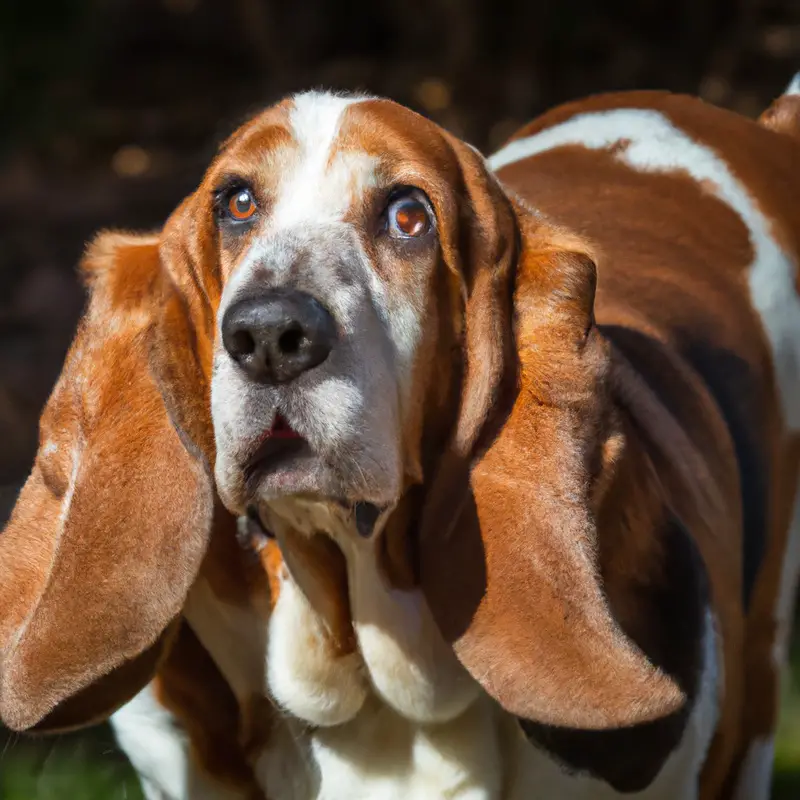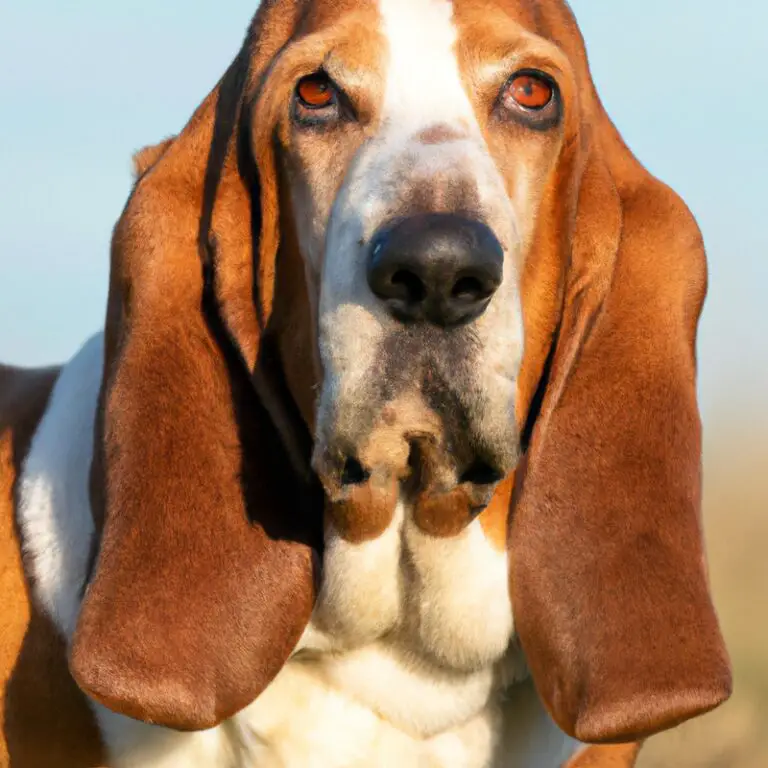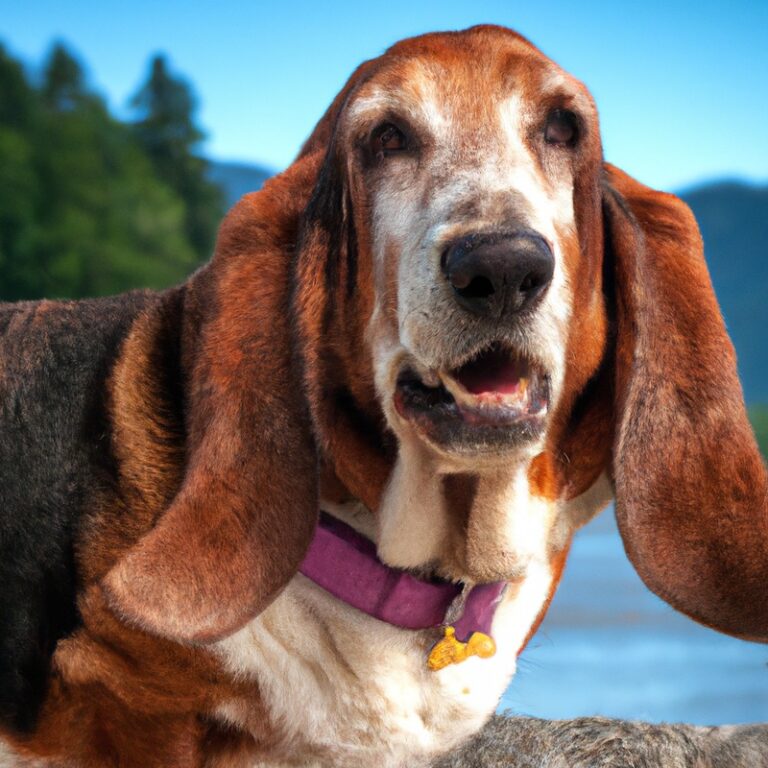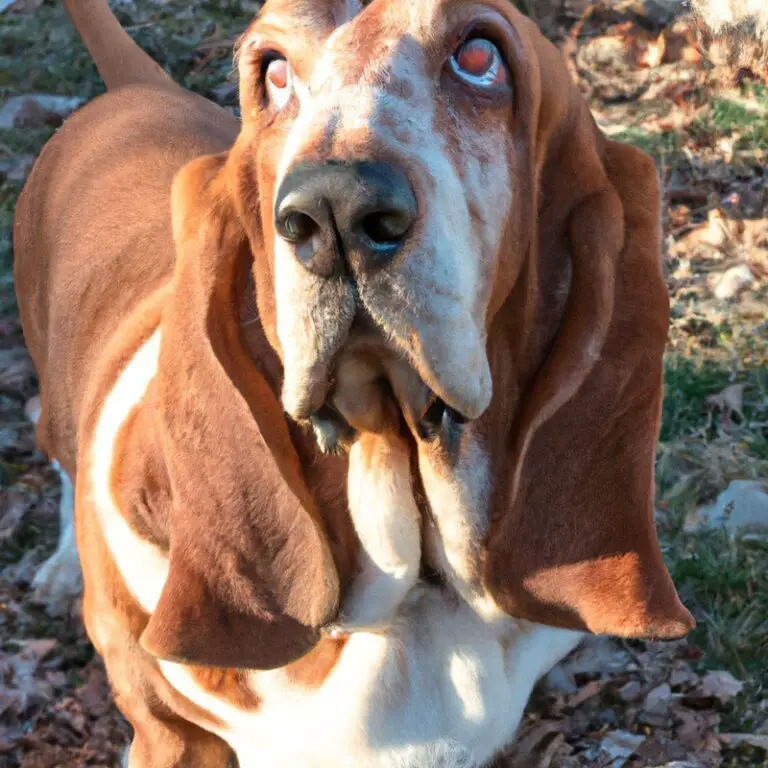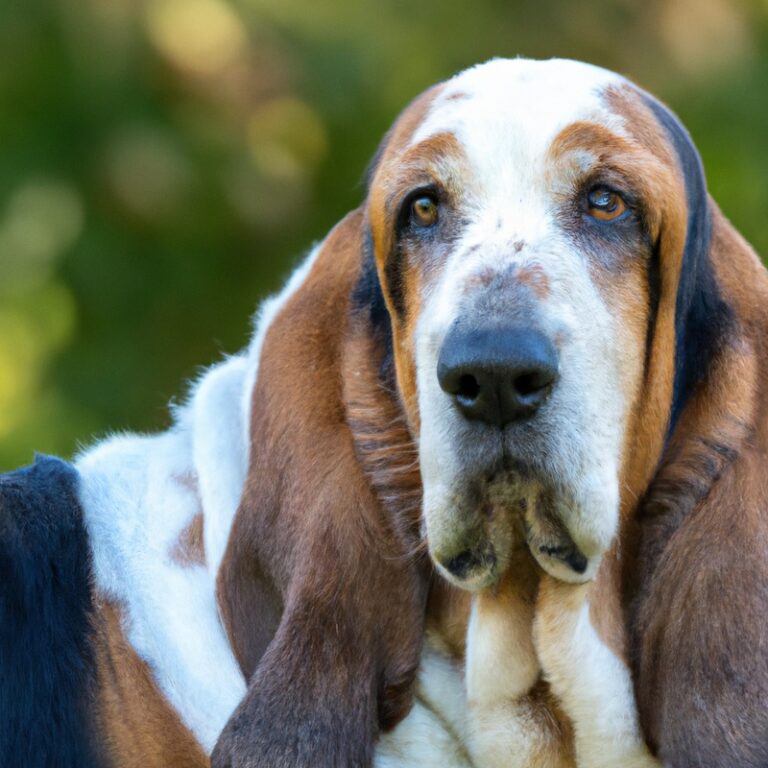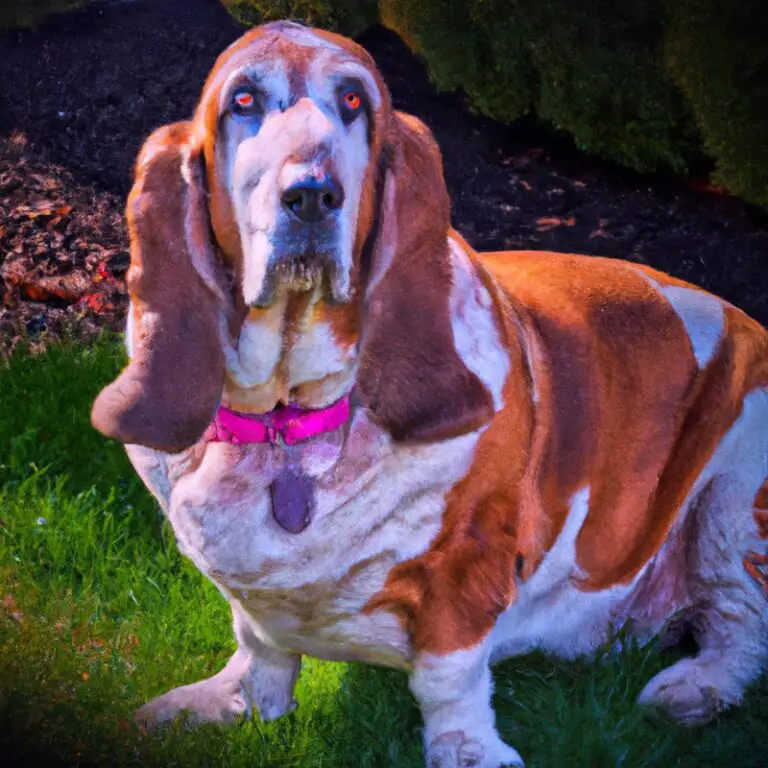Can Basset Hounds Be Trained For Scent Work In Search And Rescue Missions On Mountains?
Key Takeaways:
- Basset Hounds can be trained for scent work in search and rescue missions on mountains.
- Their incredible sense of smell makes them well-suited for search and rescue operations.
- However, their physical limitations may pose challenges in navigating mountainous terrain.
- Training and conditioning are crucial to ensure their safety and effectiveness in mountain search and rescue missions.
Are you curious about the role Basset Hounds can play in search and rescue missions on treacherous mountain terrains? Well, look no further! As a seasoned expert in the field of scent work and search and rescue, I can confidently tell you that Basset Hounds possess unique characteristics that make them excellent candidates for this important task.
Their exceptional sense of smell, coupled with their unwavering determination, sets them apart.
In this article, I will delve into the world of Basset Hounds in search and rescue missions, exploring their training requirements, the challenges they may face, and the resources available to support their important work. Let’s embark on this adventure together!
| Aspects | Can Basset Hounds be trained for scent work in search and rescue missions on mountains? |
|---|---|
| Trainability | Challenging |
| Scenting Ability | Excellent |
| Physical Fitness | Limited |
| Aptitude for Mountain Terrain | Limited |
| Size and Build | Not well-suited |
| Specialized Training Required | Yes |
| Alternative Roles | Land or urban search and rescue, tracking missions |
| Other Breeds More Suitable | Yes |
The Role of Basset Hounds in Search and Rescue Missions
Characteristics of Basset Hounds
Basset Hounds have distinct characteristics that make them unique.
These dogs have a keen sense of smell, thanks to their long ears and droopy skin.
They are low to the ground and have a sturdy build, making them excellent trackers.
Bassets are known for their friendly and gentle nature, which makes them great companions.
They are also known for their persistent and determined nature, traits that can be beneficial in search and rescue missions.
Additionally, their short legs may limit their ability to navigate certain terrains, but their scenting abilities can still be utilized effectively in various environments.
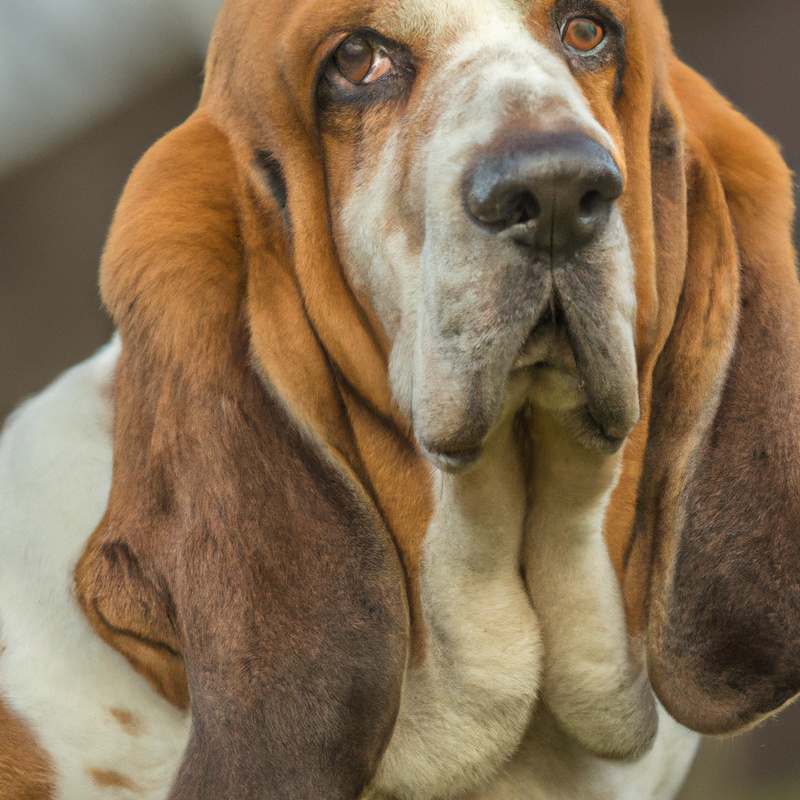
Scent Work and Search and Rescue Missions
Scent work plays a crucial role in search and rescue missions. Basset Hounds, with their excellent sense of smell, can be trained to track and locate missing persons.
These dogs are trained to identify and follow specific scents, allowing them to navigate through different terrains and locate individuals in need.
Scent work involves tasks such as tracking, trailing, and air scenting, where dogs use their nose to locate the target. This specialized training helps Basset Hounds become valuable assets in search and rescue operations.
Training Basset Hounds for Scent Work
Understanding the Basset Hound’s Sense of Smell
The Basset Hound’s sense of smell is extraordinary.
They are known for their exceptional scent detection abilities, thanks to their large, droopy ears and long, wrinkled noses.
Basset Hounds have about 220 million scent receptors in their noses, which is much more than humans.
This makes them one of the best breeds for scent work and search and rescue missions.
Their keen sense of smell allows them to pick up on even the faintest of odors.
They can track scents over long distances and navigate complex terrains to locate missing persons or objects.
Basset Hounds truly have an incredible nose for sniffing out clues!
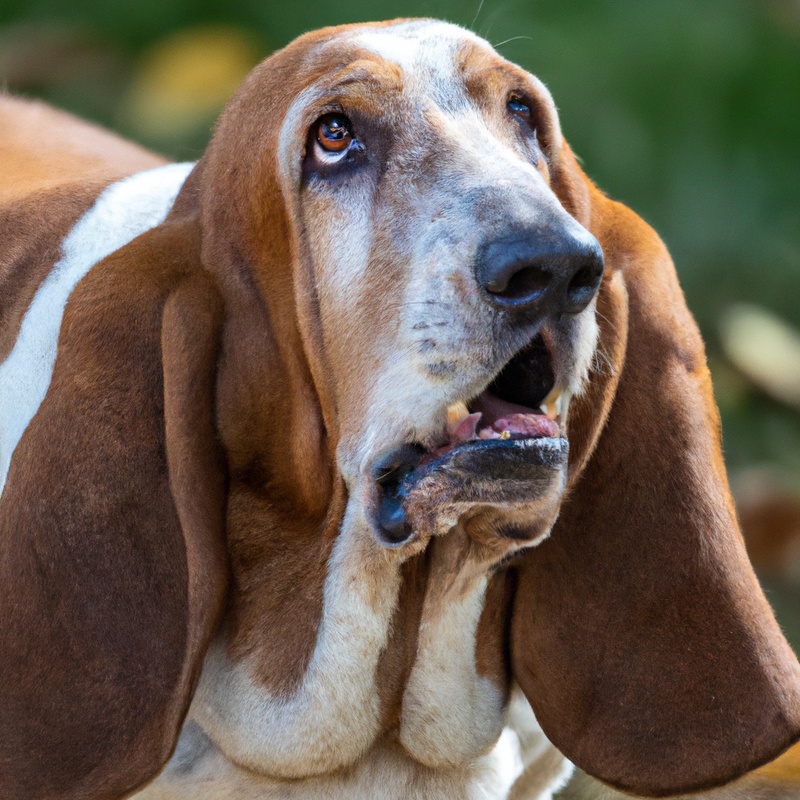
Basic Training for Scent Work
When it comes to basic training for scent work with Basset Hounds, there are a few key steps to follow.
First, start with a strong foundation of obedience training.
This includes commands like sit, stay, and come.
Then, introduce your dog to the scent you want them to find, gradually increasing the difficulty level.
Use positive reinforcement techniques, such as treats and praise, to reward your dog for finding the scent.
Practice regularly and gradually increase the complexity of the search tasks.
Consistency and patience are key to success.
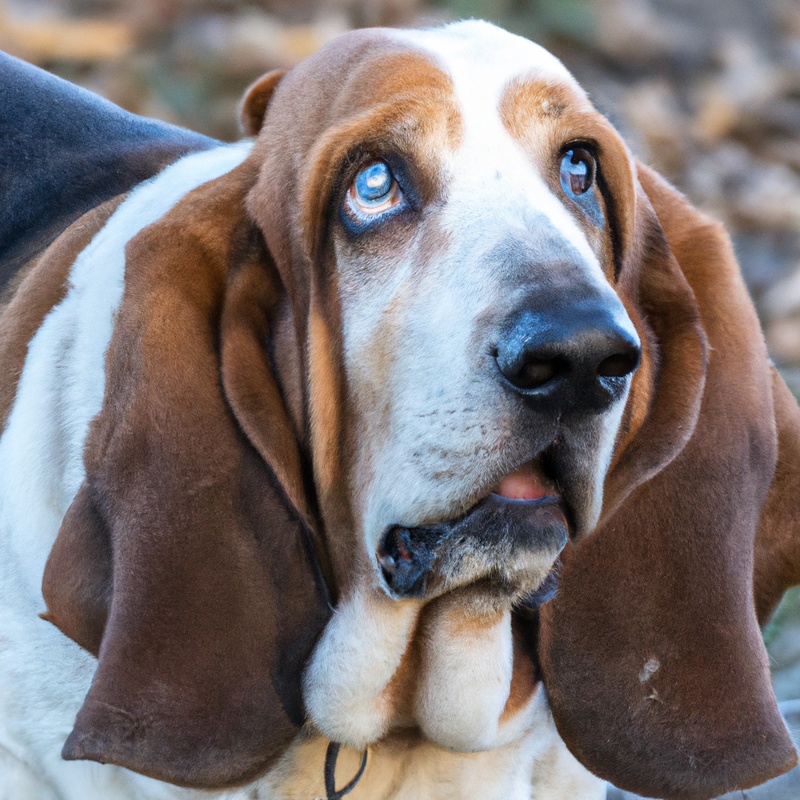
Advanced Training Techniques for Search and Rescue Missions
In advanced training for search and rescue missions, focus on strengthening your Basset Hound’s scent discrimination skills. Use scent cones and search patterns to simulate real-life scenarios.
Gradually increase the difficulty level by adding distractions and varying the terrain.
Encourage your dog’s natural tracking instincts and reinforce positive behaviors with rewards. Remember to monitor your dog’s physical and mental stamina to prevent exhaustion.
Regular training sessions and maintaining a strong handler-dog bond are key for success in search and rescue missions.
Stay dedicated and consistent in your training approach to maximize your Basset Hound’s potential.
Challenges and Considerations
Physical Limitations of Basset Hounds
Basset Hounds have a few physical limitations that can affect their performance in search and rescue missions on mountains.
Firstly, their short legs make it challenging for them to navigate steep and rocky terrains.
Secondly, their long and heavy bodies make them prone to fatigue and overheating, especially in high altitudes.
Lastly, their droopy ears can hinder their hearing, which is crucial for detecting sounds in rescue situations.
These limitations need to be considered when involving Basset Hounds in mountainous search and rescue operations.
Overcoming Challenges in Mountainous Terrain
Navigating mountainous terrain presents several challenges for search and rescue missions with Basset Hounds.
One key challenge is the steep and rugged terrain, which can hinder the dog’s movement and slow down progress.
Additionally, the dense vegetation and uneven surfaces can make it difficult for the dog to track scents effectively.
To overcome these challenges, handlers can use specialized equipment like harnesses and boots to protect the dog’s paws and improve traction.
Training the dog to navigate obstacles and identifying alternative routes can also be beneficial.
Importance of Handler-Dog Relationship
The relationship between a handler and a dog is incredibly important in search and rescue missions. A strong bond based on trust and communication is crucial for effective teamwork.
By understanding each other’s cues and working together as a unit, the handler and dog can navigate challenging terrain and locate missing individuals more efficiently.
This relationship is built through consistent training, positive reinforcement, and spending quality time together. Regular practice and a deep mutual understanding can strengthen the handler-dog relationship, ultimately improving the effectiveness of the search and rescue team.
Resources and Organizations
Training Programs and Courses
There are various training programs and courses available for training Basset Hounds in scent work and search and rescue missions.
These programs and courses are designed to equip both dogs and handlers with the necessary skills and knowledge to perform effectively in the field.
They focus on teaching dogs how to track scents and locate missing persons, as well as teaching handlers how to effectively communicate and work with their dogs.
Some programs and courses may also cover specific techniques and strategies for search and rescue missions in different environments, including mountainous terrain.
These training programs and courses can provide valuable guidance and support for those looking to train Basset Hounds for scent work and search and rescue missions.
Search and Rescue Associations and Networks
Search and Rescue Associations and Networks play a vital role in coordinating and supporting search and rescue missions. They bring together professionals, volunteers, and resources to ensure effective response and collaboration during emergencies.
These associations and networks provide training, guidelines, and platforms for knowledge sharing among search and rescue teams.
They also facilitate communication and coordination between different agencies and organizations involved in search and rescue operations. By connecting practitioners and sharing best practices, these associations and networks contribute to the effectiveness and efficiency of search and rescue efforts.
Equipment and Tools for Scent Work
In scent work and search and rescue missions, having the right equipment and tools is essential. Here are some key items for training and working with Basset Hounds:
- Long Leads: Use a long lead, preferably around 30 feet, to give your Basset Hound freedom to search while still maintaining control.
- Harness: A well-fitted harness allows you to attach the lead without putting strain on your dog’s neck, ensuring their comfort and safety.
- Scent Detection Kits: Invest in quality scent detection kits that include various scents for training your Basset Hound to recognize different odors.
- Reward System: Use treats or toys as rewards during scent work training to reinforce positive behavior and encourage your dog’s motivation.
- GPS Tracking Device: To ensure the safety of your Basset Hound during search and rescue missions, consider using a GPS tracking device designed for dogs.
Remember, the right equipment and tools can enhance your Basset Hound’s performance in scent work and search and rescue missions. Always prioritize the safety and well-being of your canine companion.
Final Verdict
I firmly believe that Basset Hounds can indeed be trained for scent work in search and rescue missions on mountains. Despite their physical limitations, these dogs possess an exceptional sense of smell that can be honed and utilized effectively.
By understanding their unique characteristics and employing proper training techniques, Basset Hounds can overcome challenges and contribute significantly to search and rescue efforts.
I encourage those interested in training Basset Hounds for scent work to explore the resources and organizations available to support their journey. With dedication and the right tools, these adorable hounds can make a valuable impact in saving lives in mountainous terrain.

